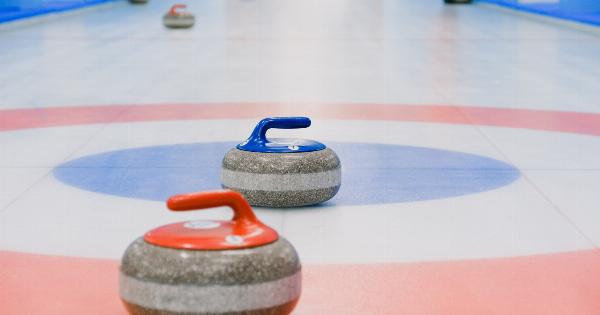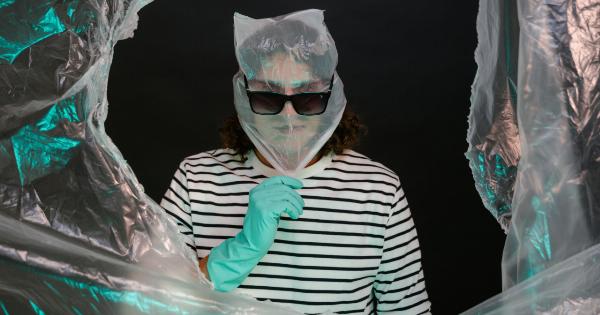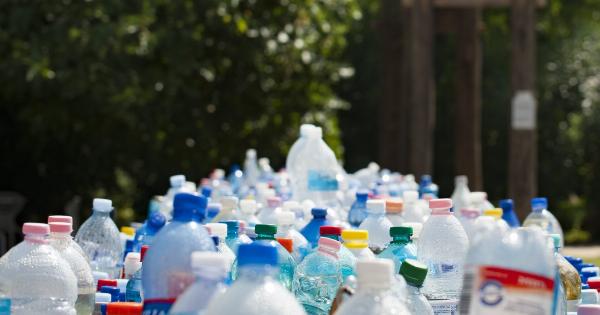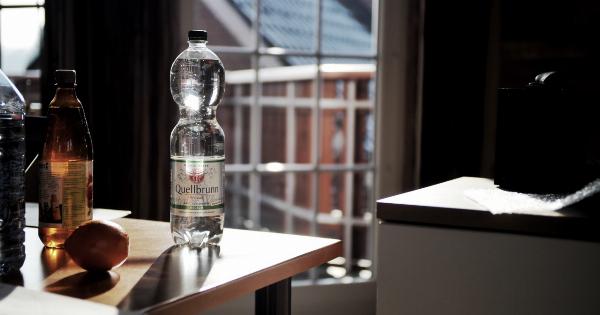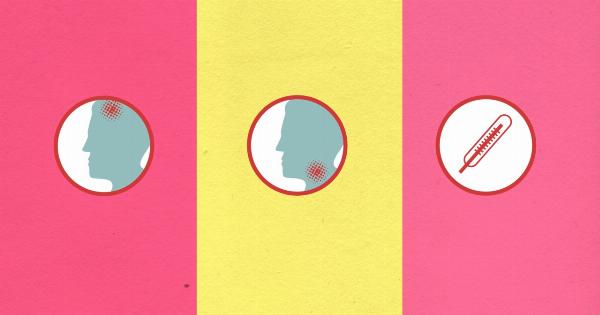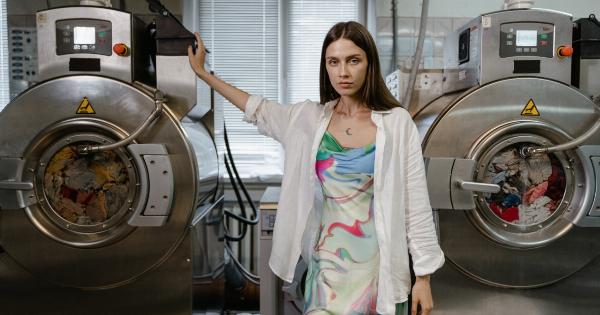Plastic has become an intrinsic part of our daily lives, from the packaging that encases our food to the devices we use for communication. It is a versatile material that has undoubtedly made our lives more convenient in many ways.
However, as convenient as plastic may be, it also has the potential to wreak havoc on our health and well-being. One surprising area of impact is our singing voice. Yes, you read that correctly – plastic can adversely affect our ability to sing, impacting both amateurs and professional singers alike.
In this article, we will explore how plastic can negatively impact the singing voice and what measures can be taken to mitigate its harmful effects.
The Plastic Paradox
Plastic is a ubiquitous material found in an astonishing array of products and it has become an integral part of our modern lifestyle. Unfortunately, much of this plastic is not biodegradable and can take thousands of years to decompose.
This longevity, while useful in certain applications, poses a significant environmental threat. Plastic pollution has become a pressing concern, polluting our rivers, oceans, and land, and endangering wildlife.
However, the harmful effects of plastic extend beyond the external environment; they can also have a direct impact on our internal health, including our vocal cords and singing voice.
Chemical Composition and the Voice
Many plastic products contain an assortment of chemicals, some of which are known to be toxic.
For example, plastic items such as water bottles, food containers, and drinking straws often contain polyvinyl chloride (PVC), which has been linked to various health issues. When we consume food or drink that has been in contact with plastic, these chemicals can leach into what we consume, potentially causing harm.
When it comes to our singing voice, the vocal cords are the primary players. These delicate structures are responsible for producing sound, and any damage to them can result in hoarseness, loss of range, and other vocal difficulties.
The chemicals from plastic can irritate and inflame the vocal cords, causing vocal strain and even vocal cord nodules or polyps, which can dramatically affect a singer’s ability to perform.
The Impact of Plastic on Singing
Plastic can have both direct and indirect impacts on the singing voice. Let’s explore some of the ways plastic can negatively affect singers:.
1. Vocal Strain and Fatigue
Exposure to toxic chemicals from plastic can lead to vocal strain and fatigue. Singers rely on their vocal cords to produce a wide range of notes and tones, and any irritation or inflammation can impede their ability to perform at their best.
2. Hoarseness and Loss of Clarity
Chemicals in plastic can irritate the delicate tissues of the vocal cords, resulting in hoarseness and a loss of clarity in the singing voice. This can make it difficult for singers to achieve the desired tone and enunciation.
3. Allergic Reactions
Some individuals may be more susceptible to allergic reactions to certain plastic compounds. These reactions can manifest as itching, swelling, or even difficulty in breathing, all of which can be detrimental to a singer’s performance.
4. Vocal Cord Nodules and Polyps
Vocal cord nodules and polyps are common conditions that can result from vocal strain and trauma.
The irritation caused by plastic chemicals can contribute to the formation of nodules and polyps, which can in turn severely impact a singer’s range and vocal quality.
5. Reduced Lung Capacity
Plastic pollution not only affects the vocal cords but also the respiratory system. Singing requires proper breath control and lung capacity.
When harmful chemicals from plastic are inhaled, they can accumulate in the lungs and reduce their efficiency, manifesting as decreased breath support and a diminished vocal range.
Preventing Plastic-Related Vocal Issues
While it may be challenging to completely eliminate plastic from our lives, there are steps we can take to reduce our exposure and minimize its impact on our singing voice:.
1. Opt for BPA-Free Plastic
Bisphenol-A (BPA) is a chemical present in many plastics and has been linked to hormonal disruptions and other health issues. Choose BPA-free plastic products to reduce the likelihood of these chemicals leaching into your food or drinks.
2. Use Glass or Stainless Steel
Whenever possible, opt for glass or stainless steel containers for food and beverages. These materials are more durable and do not leach harmful chemicals into what we consume.
3. Avoid Microwaving Plastic
When reheating food, avoid using plastic containers and instead utilize microwave-safe glass or ceramic. Heating plastic can accelerate chemical leaching, putting you at greater risk.
4. Hydrate with Filtered Water
Investing in a water filter can help reduce your reliance on single-use plastic water bottles. Filtered tap water not only benefits the environment but also helps mitigate exposure to potentially harmful chemicals found in plastic bottles.
5. Proper Vocal Care
Even with precautions, it’s essential to maintain proper vocal care.
Stay hydrated by drinking plenty of water, avoid excessive vocal strain, conduct regular vocal warm-ups, and consult with a voice therapist or vocal coach to ensure optimal vocal health.
Conclusion
Plastic may have revolutionized our world and made our lives more convenient, but its impact on our health and well-being cannot be ignored.
When it comes to singing, plastic pollution poses a significant threat to the vocal cords, leading to vocal strain, hoarseness, and other vocal issues. By being mindful of the plastic products we use and making conscious choices to reduce our exposure, we can help protect our singing voices from the harmful effects of plastic.




